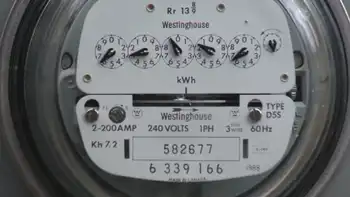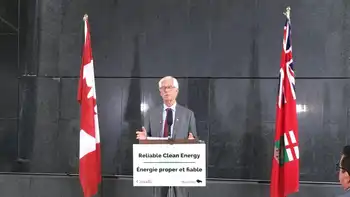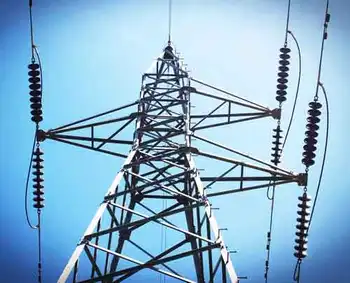Greenpeace urges South Africa to end dependence on coal
JOHANNESBURG, SOUTH AFRICA - Environmental group Greenpeace opened its first office in Africa and urged South Africa, the continent's biggest economy, to reduce its dependence on coal and cut emissions of greenhouse gases.
Experts say poverty means Africa is ill able to adapt to severe weather changes forecast to be triggered by global warming, while African nations have been among the lowest emitters of the gases blamed for causing it.
South Africa relies on coal to generate much of its electricity. State utility Eskom has previously said it plans to cut emissions by reducing its reliance on coal and to expand future power output using mainly nuclear power stations.
"They need to spend more money not in nuclear power, but in renewable energy and energy efficiency," Amadou Kanoute, executive director of Greenpeace Africa, told Reuters.
The environmental group's office will be in Johannesburg, South Africa's commercial capital.
South Africa's government has said it aims to brake rising emissions. It presents a scenario under which emissions will rise until 2020-25, stay flat for up to a decade and then fall. It will set mandatory energy efficiency targets and a gradual shift away from coal.
A U.N. Climate Panel report last year, projected that up to 250 million people in Africa would be living in areas of stress on water supplies by 2020.
The lobby group said it had opened an office in Johannesburg as a first step to address climate change, deforestation and overfishing in Africa. It plans to open a second office in the Democratic Republic of Congo this month and another in Senegal next year.
"Africa is in a position to leapfrog dirty development and become a leader in helping to avert catastrophic climate change and protect the natural environment. We are here to help make that happen," Kanoute said.
Related News

Nova Scotia can't order electric utility to lower power rates, minister says
HALIFAX - The province can't ask Nova Scotia Power to lower its rates to ease the financial pressure on out-of-work residents because it lacks the authority to take that kind of action, the provincial energy minister said Thursday.
Derek Mombourquette said he is in "constant contact" with the privately owned utility.
"The conversations are ongoing with Nova Scotia Power," he said after a cabinet meeting.
When asked if the Liberal government would order the utility to lower electricity rates as households and businesses struggle with the financial fallout from the COVID-19 pandemic, Mombourquette said there was nothing he could do.
"We don't have the…




